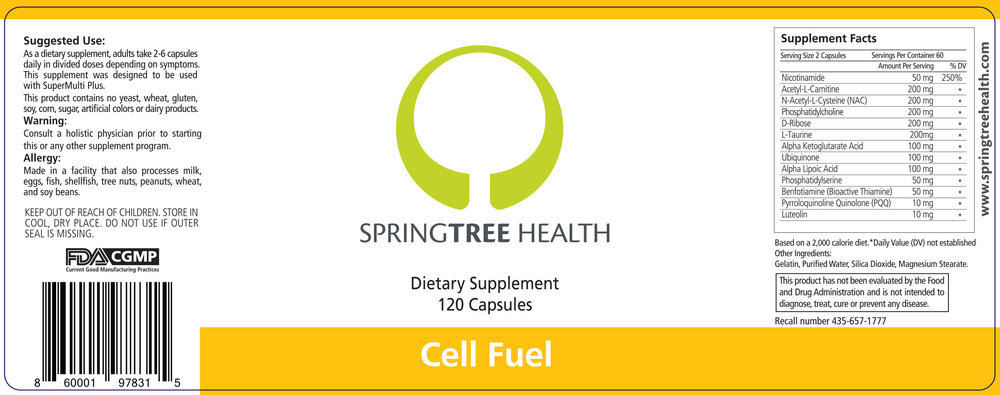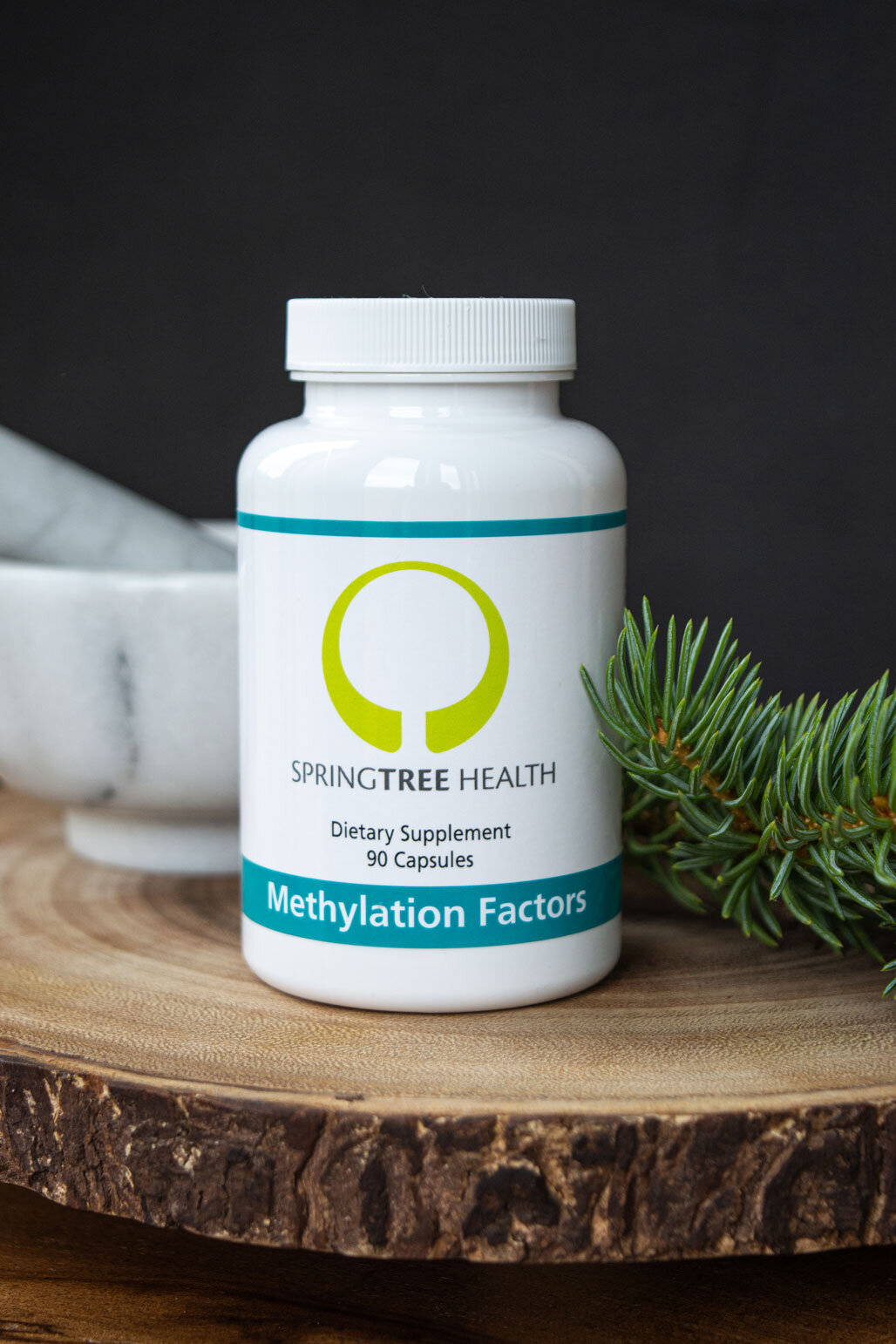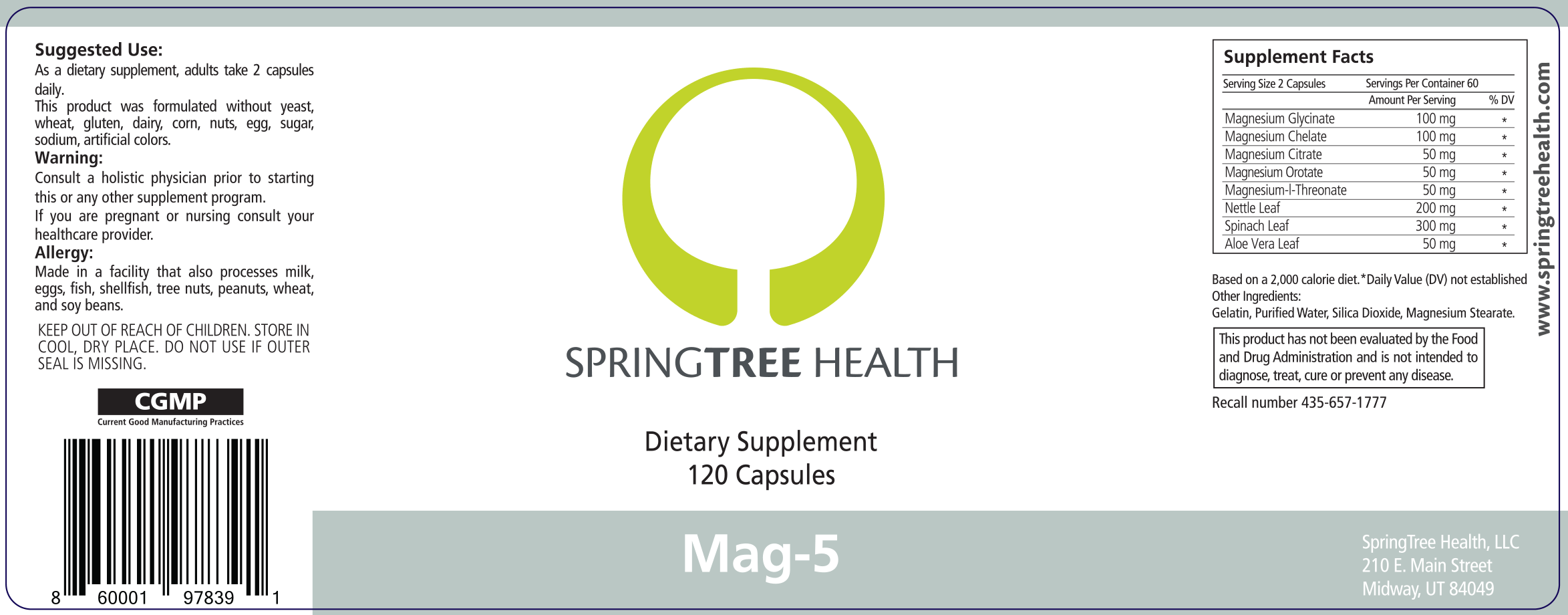 Image 1 of 2
Image 1 of 2

 Image 2 of 2
Image 2 of 2



Cell Fuel
Mitochondria are known as the “powerhouse” of the cell. Adenosine triphosphate (ATP) is considered by biologists to be the energy currency of life. Within the mitochondria, under normal circumstances, the body utilizes oxygen and glucose to create ATP. A deficit of this cellular currency is oftentimes the underlying cause of chronic physical, mental illness, and fatigue. Aging = decrease in mitochondrial biogenesis and function.
Mitochondria are known as the “powerhouse” of the cell. Adenosine triphosphate (ATP) is considered by biologists to be the energy currency of life. Within the mitochondria, under normal circumstances, the body utilizes oxygen and glucose to create ATP. A deficit of this cellular currency is oftentimes the underlying cause of chronic physical, mental illness, and fatigue. Aging = decrease in mitochondrial biogenesis and function.
Mitochondria are known as the “powerhouse” of the cell. Adenosine triphosphate (ATP) is considered by biologists to be the energy currency of life. Within the mitochondria, under normal circumstances, the body utilizes oxygen and glucose to create ATP. A deficit of this cellular currency is oftentimes the underlying cause of chronic physical, mental illness, and fatigue. Aging = decrease in mitochondrial biogenesis and function.
How Mitochondria Fuel A Healthy Body
Mitochondria are found in every human cell except mature red blood cells. Each mitochondrion has a half-life of only 5-12 days. This turnover rate may be higher under conditions of chronic illness or stress. A single healthy cell may contain 200 – 2000 mitochondria. Age may be associated with a decrease in total mitochondria, but it doesn’t have to. Cell Fuel gives the mitochondria all the nutrition and co-factors they need to function, to repair membranes and to grow new mitochondria. Studies of micronutrient supplementation to improve mitochondrial function show improved immune function and enhanced cellular regeneration.
Causes of Mitochondrial Dysfunction, Hypofunction, and Self-Destruction
Oxidative damage to the mitochondrial membrane can be caused by free radicals. Chronic stress, exposure to adrenaline, elevated blood glucose, and many environmental toxins increase free radical production in the body and brain. Low levels of nutrients such as vitamin B, CoQ10, Alpha Lipoic Acid, carnitine, etc. can lead to depletion of NAD,a coenzyme required for the production of ATP.
Symptoms of Mitochondrial Dysfunction
Physical: Unexplained fatigue, lack of endurance, slow recovery, feeling unwell, pain after light exercise, headaches, impaired sense of smell o r taste, slow recovery from illness.
Cognitive: depression, mood disorders, irritability, lack of motivation, loss of ambition, brain fog, forgetfulness, sensitivities to light and sound.
Key Ingredients
Alpha Lipoic Acid: a vital cofactor for enzymatic reactions in the mitochondria
PQQ: a next-generation coenzyme that induces mitochondrial biogenesis – the growth of new mitochondria in aging cells
Alpha-ketoglutarate: a necessary cofactor in converting NAD+ into NADH in the citric acid cycle
Phospholipids: necessary for repair and maintenance of mitochondrial membranes
Nicotinamide: enhances mitochondrial quality through autophagy (destruction of old, damaged mitochondria) and acts as a precursor to NAD+
Acetyl-l-Carnitine: active in moving fat molecules across the mitochondrial membrane, across the blood-brain barrier to provide energy to brain cells; with lipoic acid improves mitochondrial abnormalities
N-acetyl-cysteine (NAC): prolongs mitochondrial survival and protects the liver and brain; precursor to glutathione
D-Ribose: bypasses part of the pentose pathway to produce p-ribose-5-phosphate for the production of energy
l-Taurine: plays an important role in the translation and expression of mitochondrial respiratory proteins
Ubiquinone (CoQ10): essential in the “electron transport chain”, also acts as a powerful free radical scavenger, reducing oxidative damage
Benfotiamine: increases mitochondrial glucose oxidation, increases peroxisomal lipid oxidation and mitochondrial membrane integrity and function
Luteolin: protects against mitochondrial free radical damage
**The statements provided are for informational purposes only. These statements have not been evaluated by the Food and Drug Administration. The products and information provided by SpringTree Health LLC are not intended to diagnose, treat, cure or prevent any disease.










